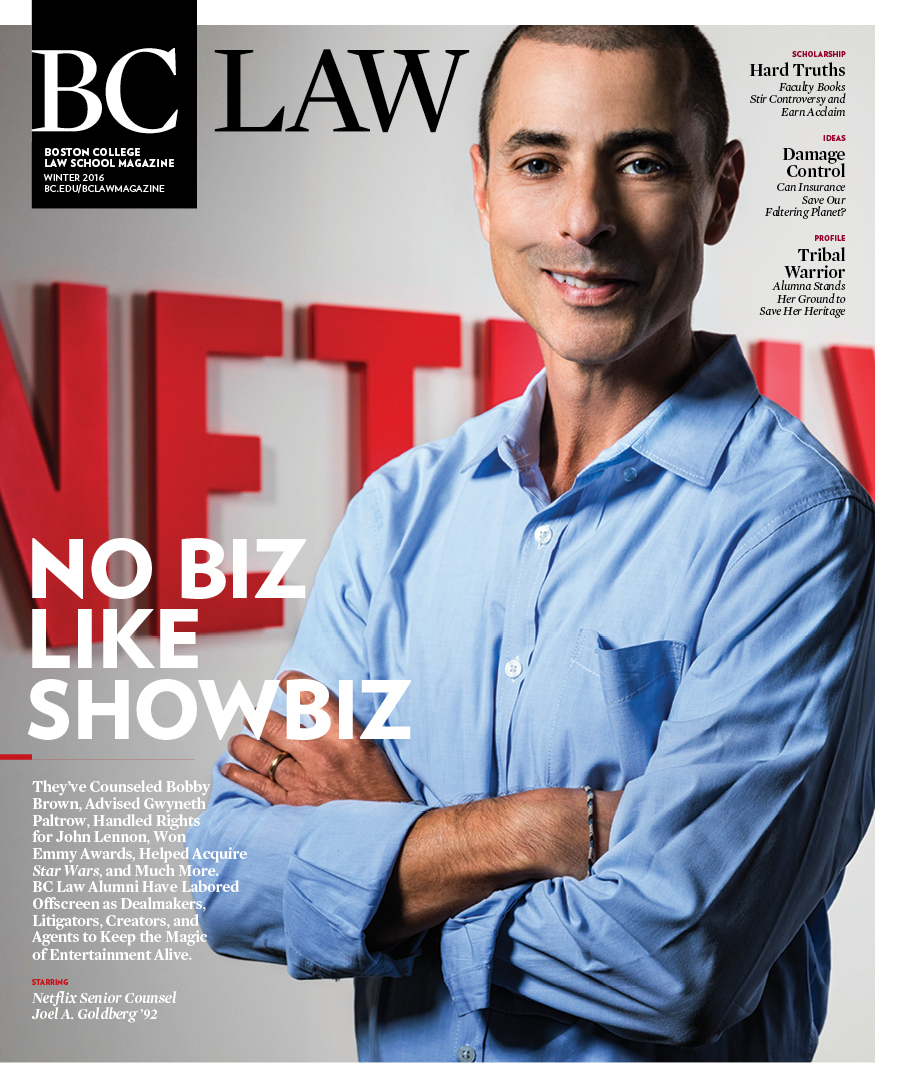After more than five decades, the US and Cuba have started to normalize relations. A nuclear deal was reached with Iran last summer, but a deal with North Korea remains elusive. Israel and the Palestinians know the terms of peace, but can’t get the deal done. And peace seems impossible as Syria burns.
In each case, why?
Ambassador Wendy Sherman, the chief American negotiator of the Iran Nuclear Deal, sought to answer this question when she was on campus on November 9 as the Rappaport Center for Law and Policy’s inaugural Distinguished Lecturer. In her public talk, “Negotiating Change: Where in the World it Works, When it Doesn’t, and Why,” Sherman described how the Iran deal was reached and the lessons it offers for other conflicts around the world. The former Under Secretary of State for Political Affairs was on campus for two days teaching classes and meeting with students and faculty.
The conditions that led to the breakthrough with Cuba, she noted, parallel some of the factors that made the Iran deal possible. In both cases, the time was ripe. The leaders of the countries involved were right for the task. Regional politics had changed in ways that supported a path to normalization. And negotiations were kicked off through secret channels that allowed the countries space and time to find shared objectives.
The case of North Korea couldn’t be more different, Sherman argued. North Koreans are some of the most isolated people on earth, ruled by a provincial tyrant who leaves them malnourished and poor. In contrast, Iran’s people and its leaders are engaged with the world. Many members of Iran’s negotiating team were educated in the US and are fluent in English. And Iran’s leaders were ready to turn around their country’s economy, which had been devastated by years of international sanctions.
The Israelis and Palestinians, Sherman said, simply can’t come to an agreement. “No outside country, even the United States, can cajole them into doing so,” she said. “As in many places where there is violence, peace may not come until the parties truly believe the alternative to peace is worse.”
“It is those who can see the promise of peace through the fog of war who change history.” —US Ambassador Wendy Sherman
Sherman’s description of the Iranian negotiations showed that making peace is a grueling project. The parties have to believe that peace is preferable to war, and agree to clear, common objectives to get there. In the case of Iran, a breakthrough came when the parties agreed that Iran could have a limited civil nuclear program that would be subject to intrusive and extensive monitoring, but that Iran could never have a nuclear weapon. The parties, which in addition to Iran and the US soon included Britain, China, France, Germany, and Russia, all urgently wanted the deal. They stayed focused, even as Russia, China, and Iran asserted themselves militarily around the world, even as Israel vociferously objected, even as domestic opposition to a deal arose in the US.
The sheer work of diplomacy involved two full years of bilateral, trilateral, and multilateral negotiations; of all-nighters and diplomats sequestered for weeks in hotels; of detailed, multilateral seminars on technically intricate subjects, like uranium enrichment, nuclear reactors, transparency and verification measures, sanctions, and more. The parties never came to trust each other. But they mutually detested the alternatives to a deal, and had the persistence and stamina to get there.
Contrast Syria. War doesn’t rage at times of common sense and common cause, Sherman noted, speaking several weeks before the terrorist attacks in Paris that caused added international scrutiny of the civil war-torn country. War is pushing the parties in Syria apart, she said. They are unable, now, to do the hard, hard work of negotiating peace.
“It is those who can see the promise of peace through the fog of war who change history,” Sherman concluded. “And that is for me the most compelling story of the Iran negotiation, a story I hope will soon be repeated in our many other confounding challenges.”



